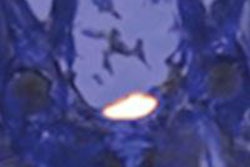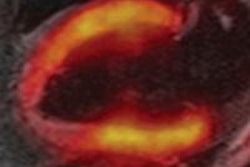For the first time, Los Alamos National Laboratory has recycled irradiated uranium fuel to produce molybdenum-99 (Mo-99) with virtually no loss in Mo-99 yield or uranium recovery.
The lab said the accomplishment demonstrates the viability of its separation process and the potential for environmental and cost-friendly fuel recycling.
Under the National Nuclear Security Administration's Global Threat Reduction Initiative (GTRI), it is U.S. policy to minimize and eliminate the use of highly enriched uranium (HEU) in civilian applications. The initiative encourages development within the U.S. of non-HEU-based technologies in collaboration with U.S. commercial entities and national laboratories to produce Mo-99.
GTRI has been working with Los Alamos to ensure that its technical expertise is available to support GTRI's commercial partners, such as the Morgridge Institute for Research and Shine Medical Technologies partnership, which proposes to use a particle accelerator to produce Mo-99 from mildly acidic low-enriched uranium (LEU).
In support of Morgridge and Shine's Mo-99 production efforts, researchers at Los Alamos have proved the technical viability of the initial stage of Mo-99 recovery from LEU through a direct scaled-down demonstration of the proposed industrial process.




















